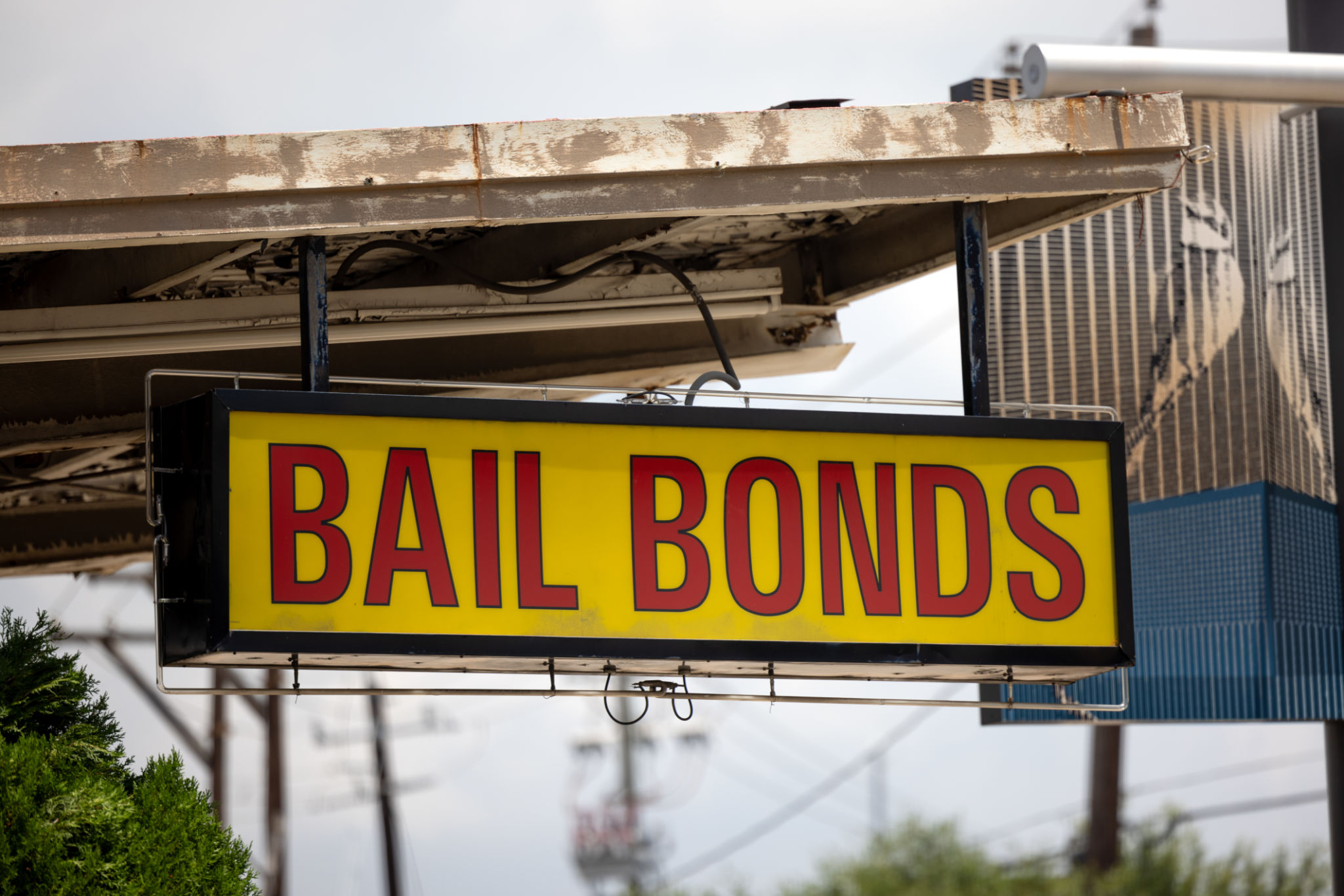Understanding Bail Bonds in Greensboro, NC: A Comprehensive Guide
RW
What Are Bail Bonds?
When someone is arrested in Greensboro, NC, they may be offered the option to post bail—a financial arrangement that ensures their release from custody while awaiting trial. Bail bonds are a type of surety bond provided by a licensed bail bondsman or agency. This bond acts as a guarantee that the defendant will appear in court on the scheduled date.

How Do Bail Bonds Work?
In Greensboro, the process of obtaining a bail bond begins with a bail bondsman assessing the bail amount set by the court. The defendant or their family pays a percentage of the total bail amount, typically around 10-15%, to the bail bondsman. The bondsman then provides the court with a bond to secure the release of the defendant.
If the defendant appears in court as required, the bond is dissolved at the end of the case. However, if the defendant fails to appear, the bondsman may hire a bounty hunter to locate and return the defendant to custody.
Types of Bail Bonds
There are several types of bail bonds available in Greensboro:
- Cash Bonds: Paid in full with cash, these are typically used for smaller bail amounts.
- Surety Bonds: The most common type, provided by a bail bondsman.
- Property Bonds: Use of property as collateral for release.
- Federal Bonds: Higher risk bonds used for federal cases.

Choosing a Bail Bondsman
Selecting a reliable bail bondsman is crucial. It's important to look for licensed and experienced professionals who can offer guidance throughout the process. Consider their reputation and customer reviews, which often reflect their reliability and customer service level.
The Costs Involved
The cost of a bail bond in Greensboro typically involves a non-refundable fee paid to the bail bondsman. This fee is usually a percentage of the total bail amount. Additional fees may include travel expenses or charges for services rendered if a defendant skips bail. It's essential to understand these costs upfront to avoid any surprises.

Legal Implications and Responsibilities
When signing a bail bond agreement, both the defendant and their co-signer must understand their legal responsibilities. Failure to comply with court requirements can lead to severe consequences, including arrest and financial liability for the entire bail amount.
The Role of Co-Signers
A co-signer is often required for a bail bond, particularly if the defendant is considered a flight risk. The co-signer agrees to be financially responsible if the defendant fails to appear in court. This role is critical, as it provides additional assurance to the bondsman and the court.
Bail Bond Reforms and Alternatives
In recent years, there have been discussions about reforming the bail system to make it more equitable. Alternatives like pretrial release programs or personal recognizance bonds are gaining traction as they focus on reducing incarceration rates for non-violent offenders while maintaining public safety.
Conclusion
Understanding the ins and outs of bail bonds in Greensboro, NC, is essential for anyone facing legal challenges or supporting someone through this process. By grasping how bail bonds work, the types available, and the responsibilities involved, individuals can make informed decisions and navigate the legal system more effectively.